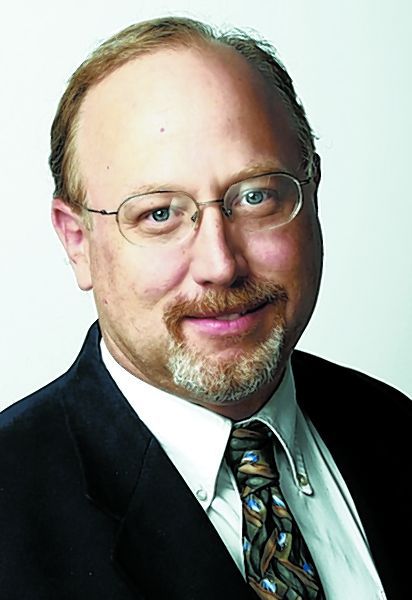First thing, let’s not kill all the auditors
Published 12:00 am Monday, January 6, 2014
RALEIGH — Some community college presidents and trustees should probably answer a simple question: Do you pay attention to the larger world outside your own door?
Last year, as the legislative session was winding down, the community college presidents and trustees in question convinced House budget writers to insert a provision into the state budget bill that would have killed an auditing unit within the state community college system. The move never got much attention in the press because the provision died nearly as quickly as it had been born.
Once the House rolled out its version of the budget bill, the complaints from community college system officials, the folks in Raleigh who oversee the system as whole, led to the provision being dropped during budget debate on the House floor. Instead, the audit system will stay alive through mid-2015, with lawmakers studying the unit’s effectiveness.
As for what led to the provision, some presidents and trustees complained that the audits had become too focused on minutia, too exacting.
If so, too bad. Deal with it.
The primary purpose of the unit is to audit courses to ensure that the 58 community colleges are not inflating class sizes or including students in classes who should not be there. In other words, it is about preventing the schools from getting tax dollars to which they are not entitled, as the state dollars they receive are tied to enrollment.
The News & Observer of Raleigh recently reported that auditing was beefed up 20 years because several schools were found to have engaged in exactly that kind of enrollment inflation.
Today, legislators and the individual college officials appear to be focused on the pure finances of the auditing unit.
They note that the auditors cost about $550,000 a year, while they recover about $500,000 each year.
That simple calculation ignores how much enrollment inflation might occur if the auditing was not taking place.
It also begs that original question: Do the people who want this auditing to go away read the newspaper?
Apparently not. One of their complaints has been that the University of North Carolina system does not have a similar auditing unit.
It surely needs one.
When various investigations show that the UNC-Chapel Hill had been operating sham classes for several years, classes that never met and allowed student-athletes to skate by and are now the focus of criminal charges brought against a professor, does that suggest the need for more auditing or less?
As state legislators go forward with their study, they need to be examining whether universities need a similar auditing structure, not whether community colleges need less auditing.
They might also want to go into their look-see with a basic understanding that auditors never make those being audited happy. That isn’t their purpose. Their purpose is to keep taxpayers from being ripped off, something that real fiscal conservatives should want to make a priority.
Scott Mooneyham is a columnist for Capital Press Association who writes about state government issues.


